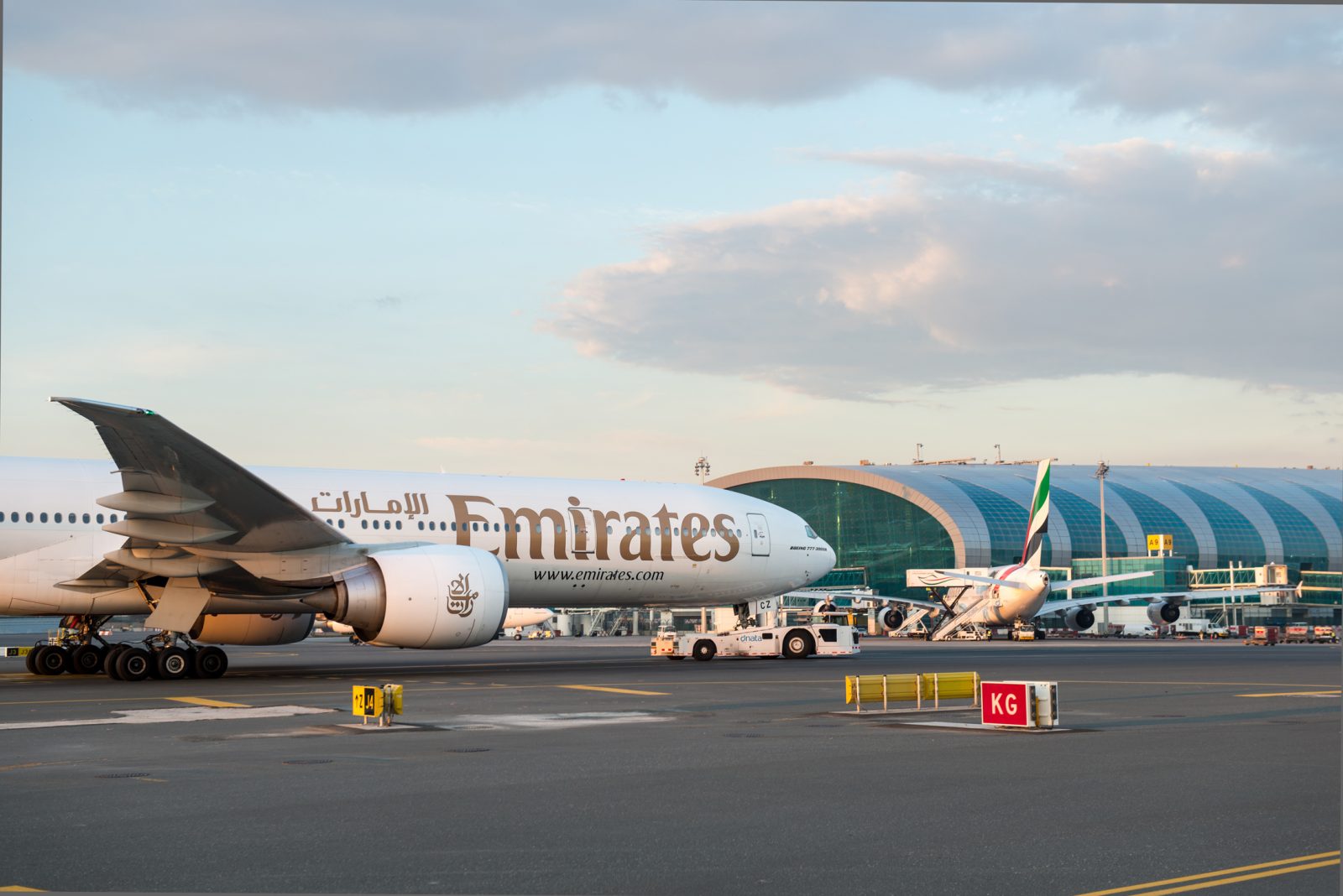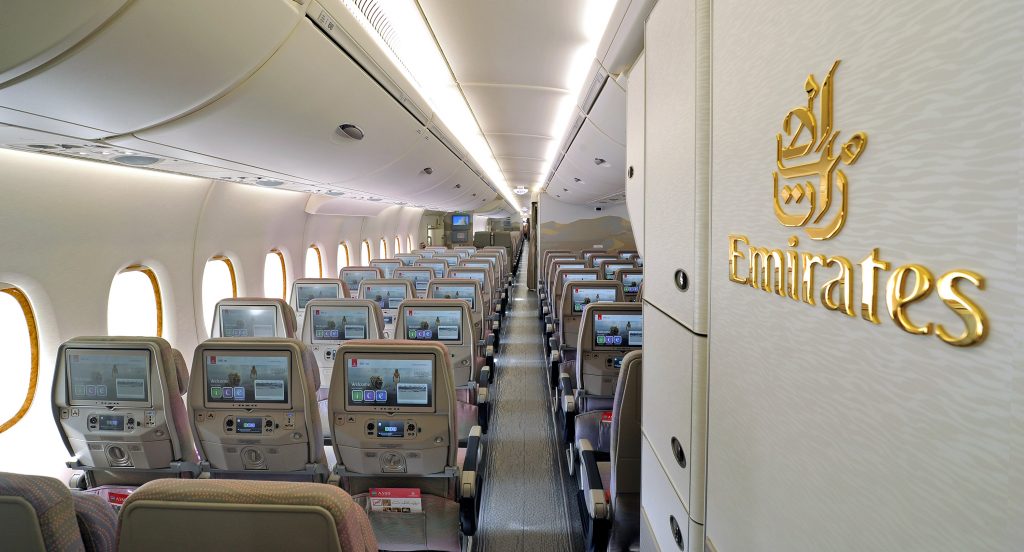
Hundreds of pilots and cabin crew employed by the Dubai-based Emirates Airline have been summoned on Tuesday to an in-house training college in the city for individual ‘business update’ meetings. During the one-on-one meetings, many of those who have already attended said they were told they would be made redundant as the airline begins a second wave of mass lay-offs.
Emirates first started to lay-off cabin crew and pilots at the end of May in a first wave of redundancies that affected new joiners who were still in training. The second wave is targeting employees with active disciplinary cases as well as those who have been on longterm sickness according to sources who are familiar with the matter.

Multiple sources said employees selected for dismissal received emails just before midnight on Monday night inviting them for a meeting. One member of cabin crew who had been laid off said security officers were stationed around the training college as managers processed lines of employees who had attended for their meeting.
Employees were then escorted out of a back entrance out of view of others at the end of the meetings.
Last month, Emirates initially denied reports that it had made a decision to lay-off up to a third of its workforce but later confirmed that job losses would be made across the business. The airline has declined to say how many employees will be made redundant.
“We have endeavoured to sustain the current family as is, we reviewed all possible scenarios in order to sustain our business operations, but have come to the conclusion that we, unfortunately, have to say goodbye to a few of the wonderful people that worked with us,” an Emirates spokesperson said on May 31.
The carrier has not publicly commented on the situation since then.
Up to 20 per cent of Emirates’ Airbus A380 pilots are said to be at risk of redundancy, while 7 per cent of the airline’s Boeing 777 flight crew could also be axed in the next wave of lay-off’s. Insiders claim up to 40 per cent of the airline’s A380 fleet has been earmarked for early retirement as a result of the COVID-19 pandemic but the airline’s president, Sir Tim Clark has poured cold water on those rumours, instead suggesting the entire fleet will be fully operational in several years.
On Sunday, cabin crew were told they would face a 50 per cent cut in basic pay from July through to the end of September. Crew had their wages cut by 25 per cent in April and many have not earned any flight allowances because the majority of flights remain grounded.
Cabin crew who were told they would be made redundant have been given two months notice and will be allowed to stay in company-provided accommodation until repatriation flights can be arranged to their home countries. Pilots will have three months to get their affairs in order before leaving the company.
Etihad Airways in neighbouring Abu Dhabi has also made hundreds of employees redundant in recent weeks. “We’re simply unable to sustain the current number of employees we have,” a memo sent to staffers last week read. “To those of you leaving us, please do not see this as being ‘fired’ or ‘terminated’, what is happening is a direct consequence of the COVID-19 crisis,” the memo continued.
Related
Mateusz Maszczynski honed his skills as an international flight attendant at the most prominent airline in the Middle East and has been flying ever since... most recently for a well known European airline. Matt is passionate about the aviation industry and has become an expert in passenger experience and human-centric stories. Always keeping an ear close to the ground, Matt's industry insights, analysis and news coverage is frequently relied upon by some of the biggest names in journalism.







